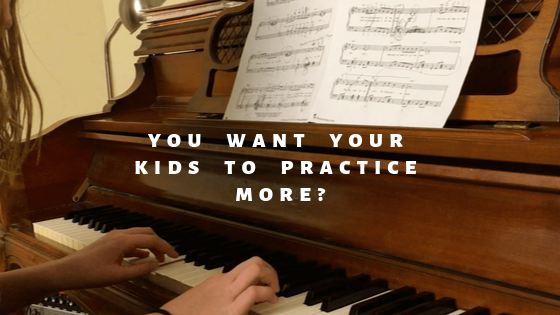This is the beginning of the academic year, and your kids have signed up for piano lessons.
This is very exciting!
They may be very interested in how the piano sounds, how they can use their finger to create the magical moments in music. It is super pleasing for you also, as a parent what your little pianist can do on the keys.
On the other hand, Some of you maybe reading this blog to figure out how your “used-to-be” witted kid will face the piano and finally practice “at least” before the next lesson.
You are not the only one.
Especially, in NYC, the tremendous amount of home work and after school activities are given to kids everyday (both exciting and not so much), and they become so exhausted by the time they get home. Also, they would like to play video game and watch youTube!
So, how is it possible to get the kids on track of even “thinking about” the piano??
Today’s headline
Want your kids practice more?
Here are some of my advices and tips that I suggest:
Schedule
You may want to set a consistent schedule when to practice. Write down on a piece of paper(calendar) along with other school assignment noting “What day, what time you practice for how many minutes”
Sometimes, setting a structure helps for people to keep on track of what to do for the day, Rather than keep throwing at the word “have you practiced yet?” “You should practice”.
Reward
People need motivation.
First, you can discuss with your kid like “if you practice how many days a week at least xx minutes, I will give you a box of chocolate” , “I will take out to a movie” etc.
It is up to you to decide either “weekly”, “by-weekly”, or “monthly”, as well as duration of the practice for them to meet the goal.
If the kid wants a bigger reward (like Star Wars Lego series or Princess costume ), probably the longer period to the goal and longer practice time may be a better idea.
Consulting with their piano teacher is a great idea, since they know what level kids should practice how much.
Going to musical activities
I am getting into more hands-on tips.
It is very important for kids to experience what “actual music” is, and they are more likely to be motivated when they see something eye-opening, and “real” something that can be associated with their piano playing.
They will be more motivated, look up to those great musicians and may want to become like them!
There are free NYC concerts especially for kids , such as central park or other public recreational areas. Also, you can check out religious organization where they offer free or reasonable rates. Of course, most likely they will welcome you even if you are not religious or belong to the specific organization.
The props definitely go to the acoustic. You will absolutely enjoy the reverberation of the sound, not only their gorgeous interior of the building. ( I would even say it is much better than outside, since the sound diffuses in the vast area and you do not hear the focused sound effect)
Playing music at home
I would like to double up my voice to say how important it is to establish musical experience at home. Some of the parents may be already musicians, and therefore the students may be growing up listening to their musical activities.
What if you have no musical background?
NO problem at all. You can play music ( audio recording)!
Over the years, I have noticed that many kids who have great rhythmical ability and natural musical sense tend to have grown up listening to a lot of music — whether it is classical music or Hip Hop or country music.
Preferably, I would suggest you to listen with your kid, so they will have more supported, fun experience. Sense of connection through the music.
Not surprisingly there are a number of household where is no music at all, and often times the students may have a challenging moment understanding the rhythm and melodic structure.
Of course, we music educators are here to nurture those skills. At the same time, I guarantee you that your kids will have more enjoyable experiences during their music class if they can associate something that are naturally occurring at home.
Participate in practice
You can sometimes ask the piano teacher to sit in your kid’s class.
Not only you will see what is happening during the lesson, you share the moment with them, communicate through music, and also they become more aware of and feel responsible for what they are doing right at that moment.
I am sure their teacher will appreciate it since they can show how their student is doing and maybe give you hands-on practice tips.
After you go home, you can ask them to even teach you what they have learned from that class (or even previous lessons). That way, the kids may feel confident that they can give something what they know to you.


